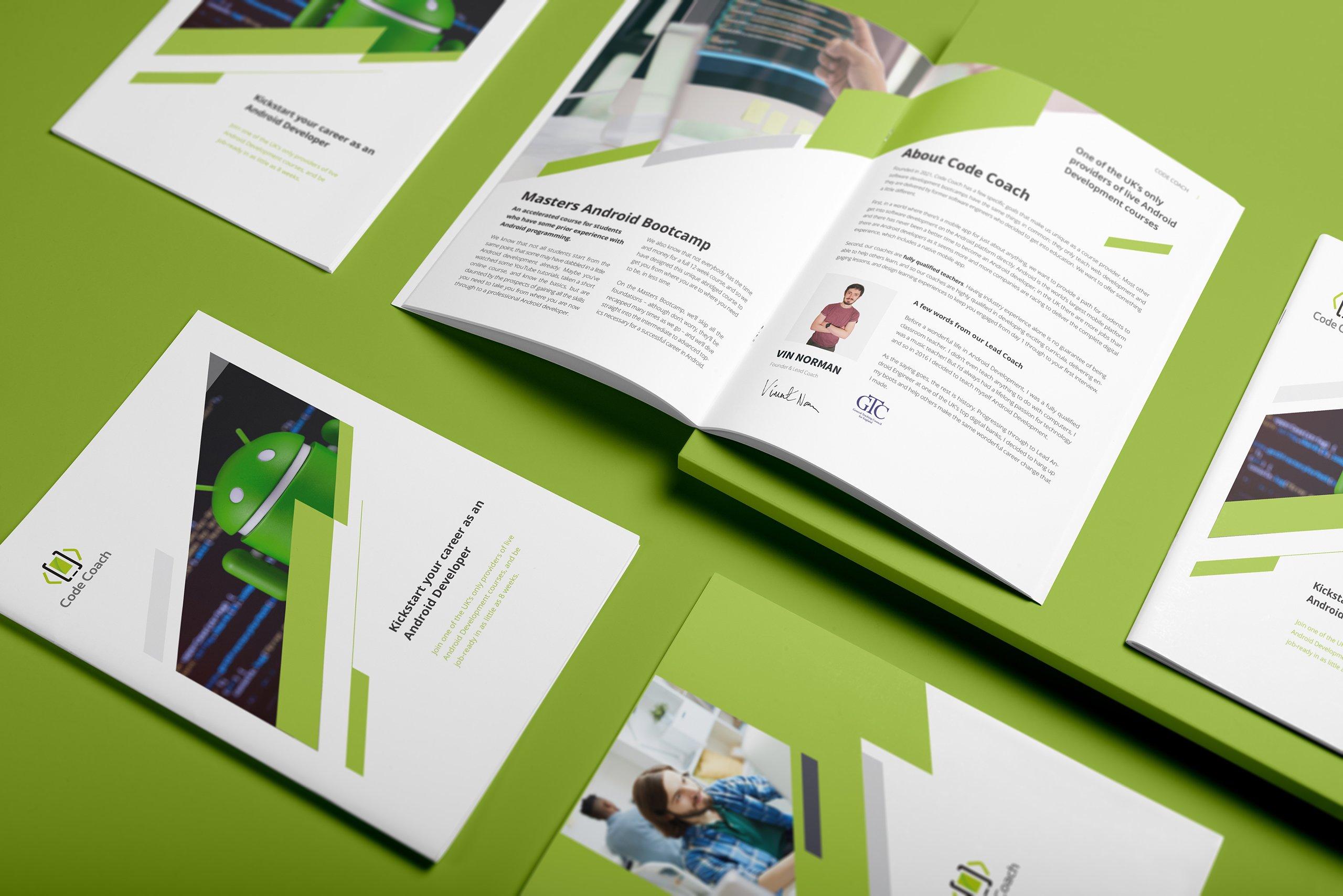In the rapidly evolving landscape of education technology, Adaptive Learning Platforms stand out as a revolutionary approach to delivering personalised education. Fueled by Artificial Intelligence (AI), these platforms offer customised learning experiences, tailoring educational content to individual needs and preferences. This article explores the role of AI in shaping Adaptive Learning Platforms, examining key features, technologies driving customization, advantages, challenges, case studies, and future trends in the quest for a more personalised and effective education.
Definition of Adaptive Learning Platforms
Adaptive Learning Platforms utilize AI algorithms to personalise the learning journey for each student. Unlike traditional one-size-fits-all approaches, these platforms dynamically adjust content, pacing, and assessments based on individual student performance and preferences. The goal is to create a tailored educational experience that maximises engagement and fosters better learning outcomes.
The Evolution of AI in Education
The integration of AI in education marks a transformative shift in how we approach teaching and learning. From basic automation to sophisticated applications like Adaptive Learning Platforms, AI has evolved to address the unique needs and challenges of diverse learners. The increasing recognition of the importance of personalized education has driven the development and adoption of AI-driven solutions that adapt to individual learning styles.
Significance of Customised Education in the Digital Age
In the digital age, where information is abundant, the significance of customised education cannot be overstated. Students have diverse learning preferences, strengths, and areas for improvement. Traditional one-size-fits-all approaches often struggle to meet these varied needs. Adaptive Learning Platforms powered by AI aim to bridge this gap, providing a more tailored and effective educational experience.
Key Features of Adaptive Learning Platforms
Individualised Instruction Based on Student Performance: Adaptive Learning Platforms utilise AI algorithms to analyse students’ performance on various tasks and assessments. Based on this analysis, the platform dynamically adjusts the learning path for each student. If a student excels in certain areas, the platform can accelerate their progression, while providing additional support in areas where they may struggle.
Adaptive Sequencing of Learning Material: The sequencing of learning material is not fixed in Adaptive Learning Platforms. Instead, AI adapts the order and complexity of content based on the learner’s demonstrated grasp of concepts. This ensures that students are continually challenged at an appropriate level, preventing boredom or frustration associated with fixed curriculum structures.
Real-time Feedback and Assessment
Instant Feedback for Continuous Improvement: One of the key advantages of Adaptive Learning Platforms is the ability to provide instant feedback. Whether it’s a quiz, assignment, or interactive module, students receive immediate feedback on their performance. This real-time input allows students to address misconceptions promptly, fostering a culture of continuous improvement.
Adaptive Assessment Strategies
Traditional assessments often follow a linear format, but Adaptive Learning Platforms leverage AI to create assessments that adapt to individual learning journeys. If a student answers a question incorrectly, the platform can provide alternative questions or additional learning resources tailored to the specific area of misunderstanding.
Data Analytics for Learning Insights
Utilising AI to Analyse Student Progress: The data generated by student interactions with the platform is a goldmine of information. AI algorithms analyse this data to gain insights into individual and collective learning patterns. Educators can use these insights to understand how students are progressing, identify areas of difficulty, and tailor instructional strategies accordingly.
Insights for Educators to Tailor Instruction: Adaptive Learning Platforms empower educators with actionable insights. Instead of relying solely on traditional assessments, educators can leverage AI-generated data to make informed decisions about instructional design. This data-driven approach allows for a more responsive and targeted teaching methodology.
Technologies Powering Adaptive Learning Platforms
Adaptive Algorithms for Personalization: Machine Learning (ML) algorithms lie at the heart of Adaptive Learning Platforms. These algorithms continuously analyze vast amounts of data, including student performance, interaction patterns, and assessment outcomes. They learn from this data to adapt and personalise the learning experience for each student.
Continuous Learning and Improvement: ML algorithms are designed to be dynamic. As students engage with the platform, the algorithms learn from their responses and continuously improve. This adaptive quality ensures that the platform becomes more effective over time, refining its ability to predict and cater to individual learning needs.
Natural Language Processing
Enhancing Interaction and Communication: Natural Language Processing (NLP) plays a crucial role in making interactions with Adaptive Learning Platforms more natural and intuitive. NLP allows platforms to understand and respond to human language, facilitating conversational interfaces. This enhances the overall user experience, making learning interactions more engaging and user-friendly.
Customizing Language-Based Learning Experiences: NLP is particularly valuable for language-based learning experiences. It enables platforms to tailor language learning paths based on a student’s proficiency, vocabulary, and comprehension. This customization ensures that language learners receive targeted exercises and content that align with their current skill level.
Also Read: Wholesale Boxes
Predictive Analytics
Anticipating Learning Needs and Challenges: Predictive analytics involve using AI to anticipate future events based on historical data. In the context of Adaptive Learning Platforms, predictive analytics can forecast potential learning needs and challenges for individual students. This foresight allows the platform to proactively adjust the learning path to address upcoming difficulties.
Tailoring Content and Support in Advance: By leveraging predictive analytics, Adaptive Learning Platforms can tailor content and support in advance. For example, if the analytics predict that a student is likely to struggle with a certain concept, the platform can preemptively provide additional resources or modify the sequencing of material to offer targeted support.
Advantages of Adaptive Learning Platforms
Addressing Individual Learning Styles: One of the primary advantages of Adaptive Learning Platforms is their ability to address individual learning styles. Whether a student is a visual learner, an auditory learner, or prefers hands-on activities, the platform adapts content delivery to cater to these preferences. This personalized approach enhances comprehension and retention.
Catering to Diverse Student Needs: In any classroom, students have diverse needs, backgrounds, and prior knowledge. Adaptive Learning Platforms acknowledge and accommodate this diversity by tailoring content and pacing. Students who grasp concepts quickly can progress at an accelerated pace, while those who need more time receive additional support.






